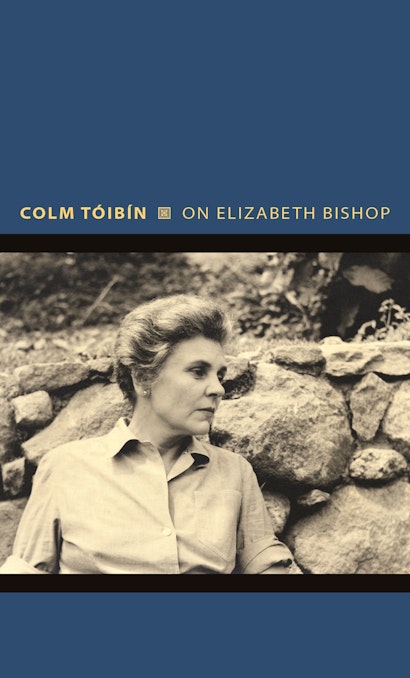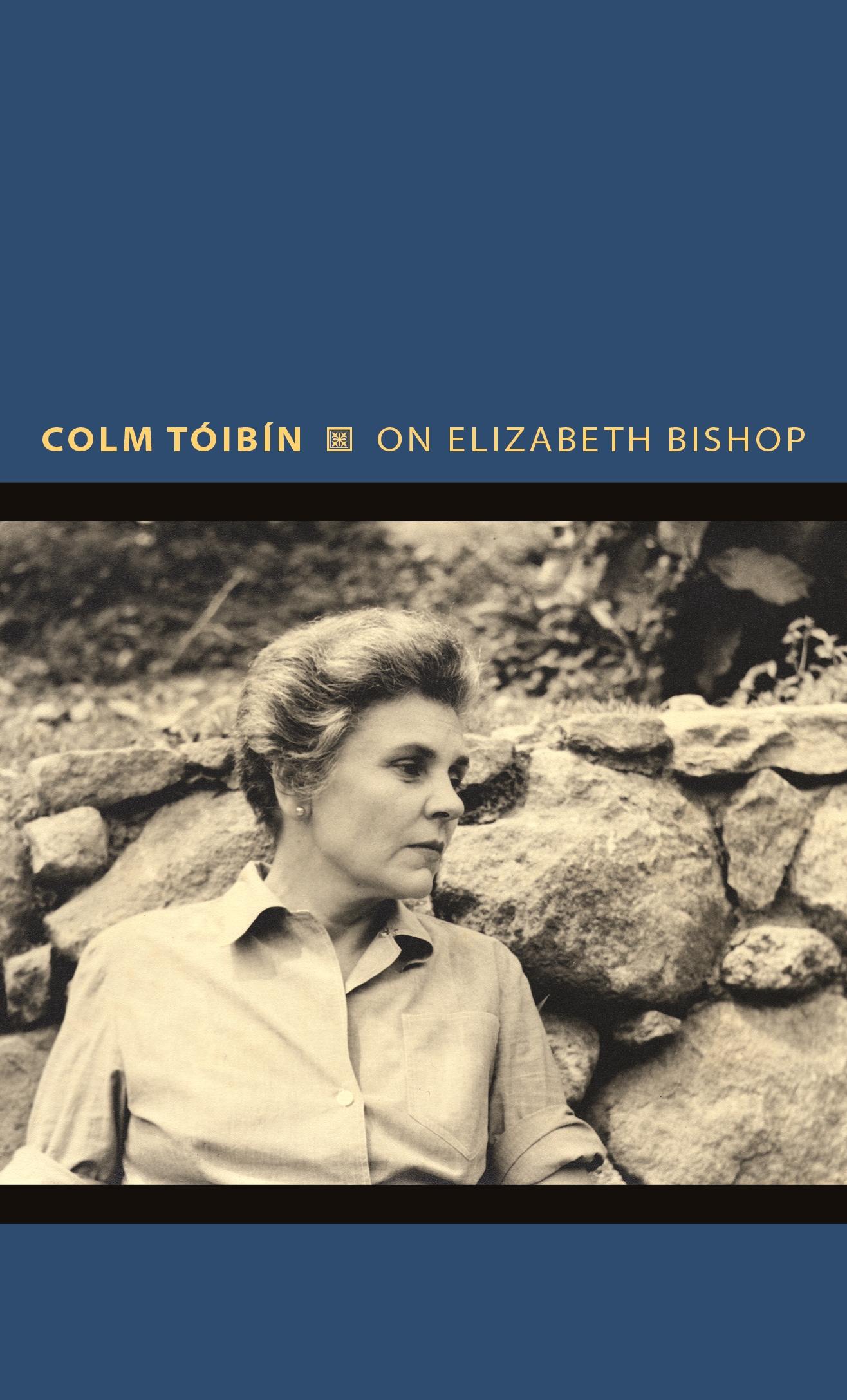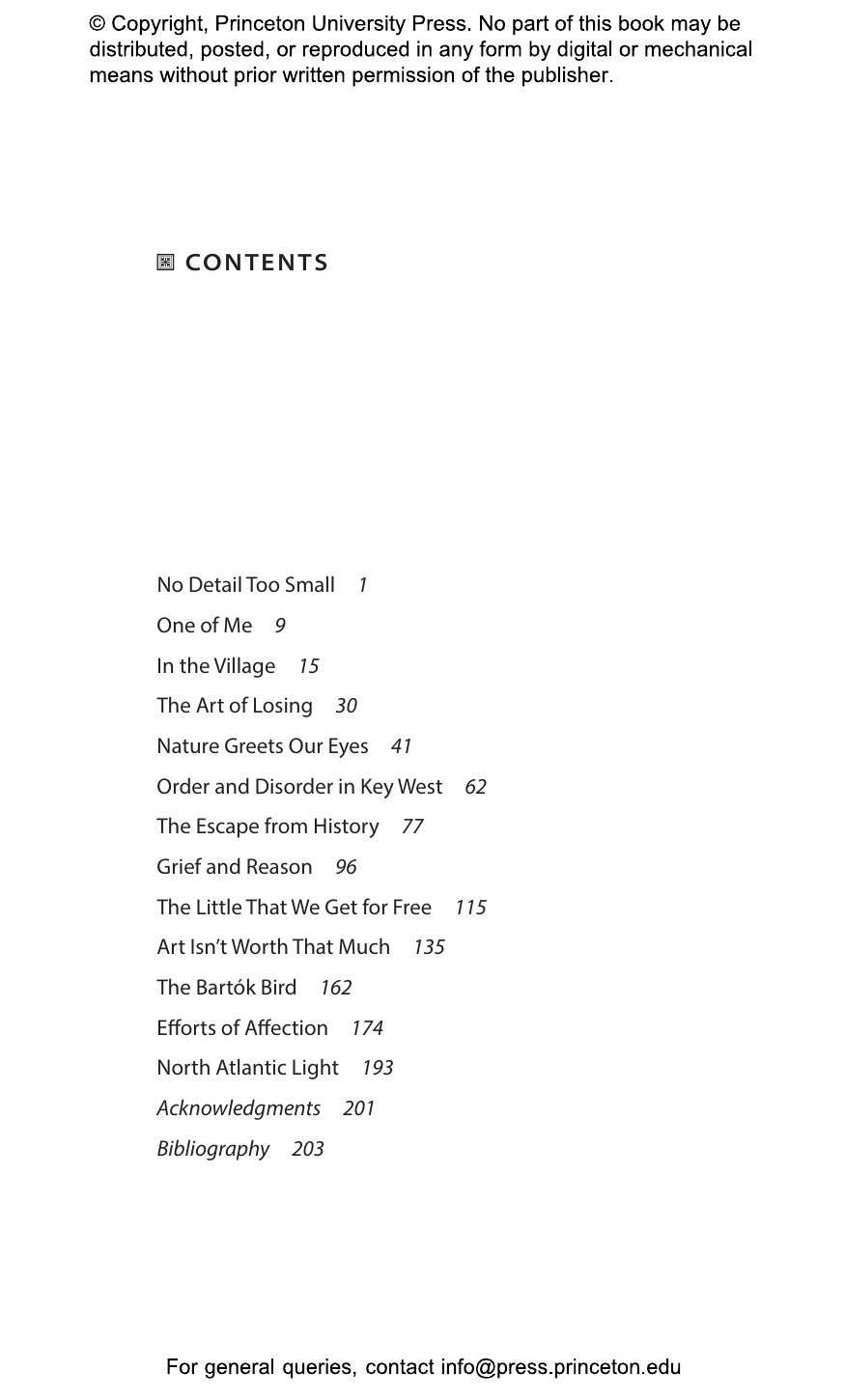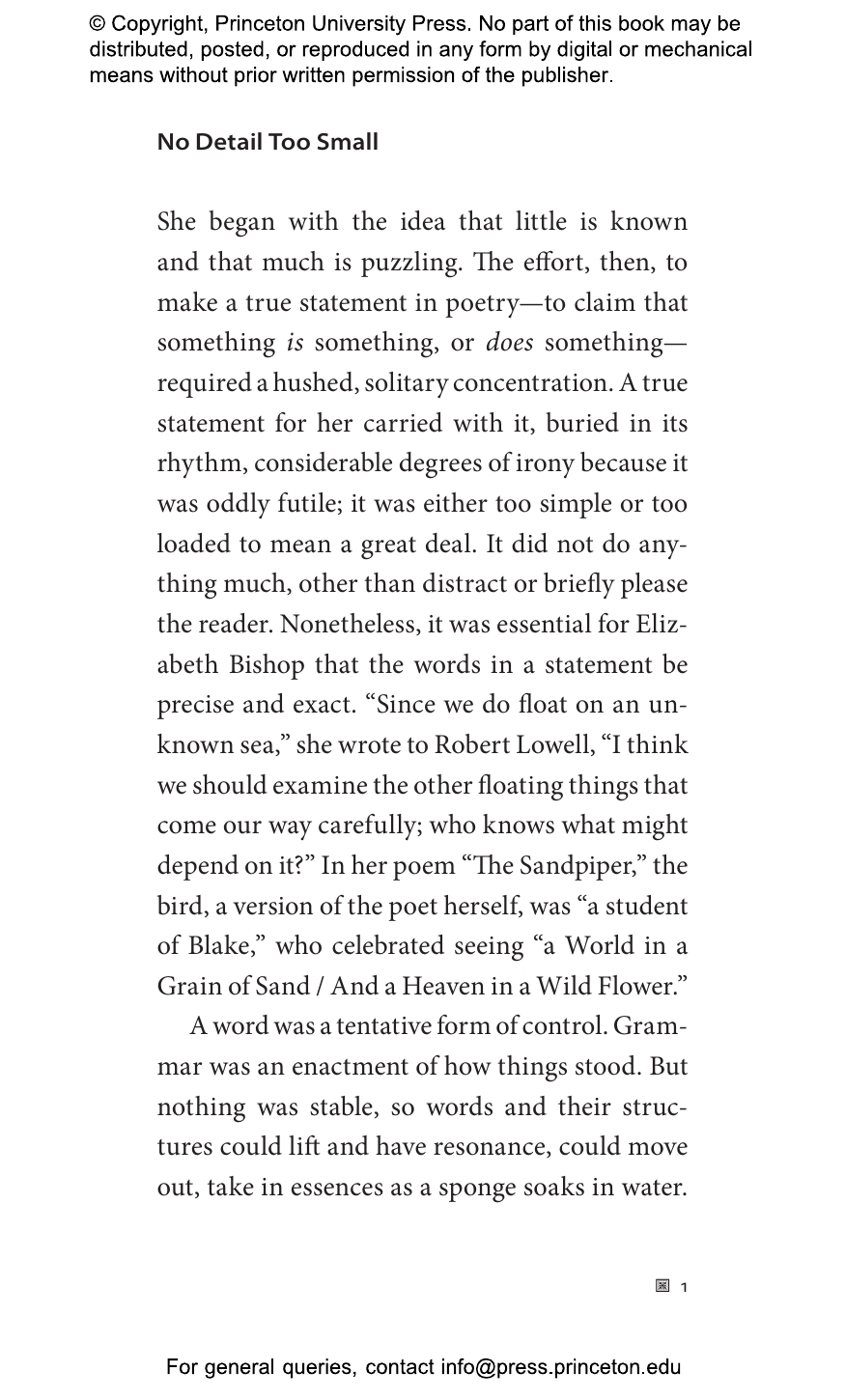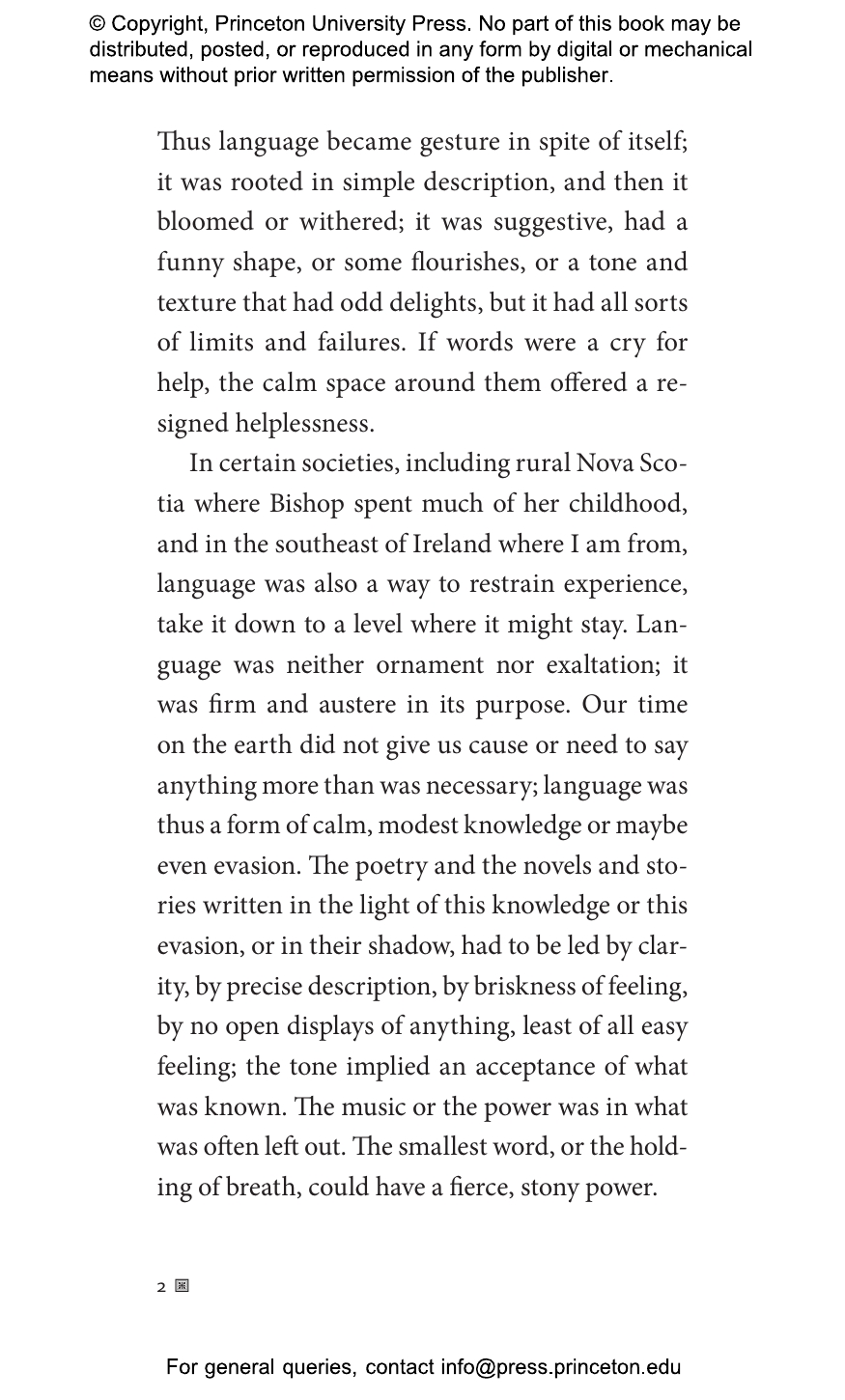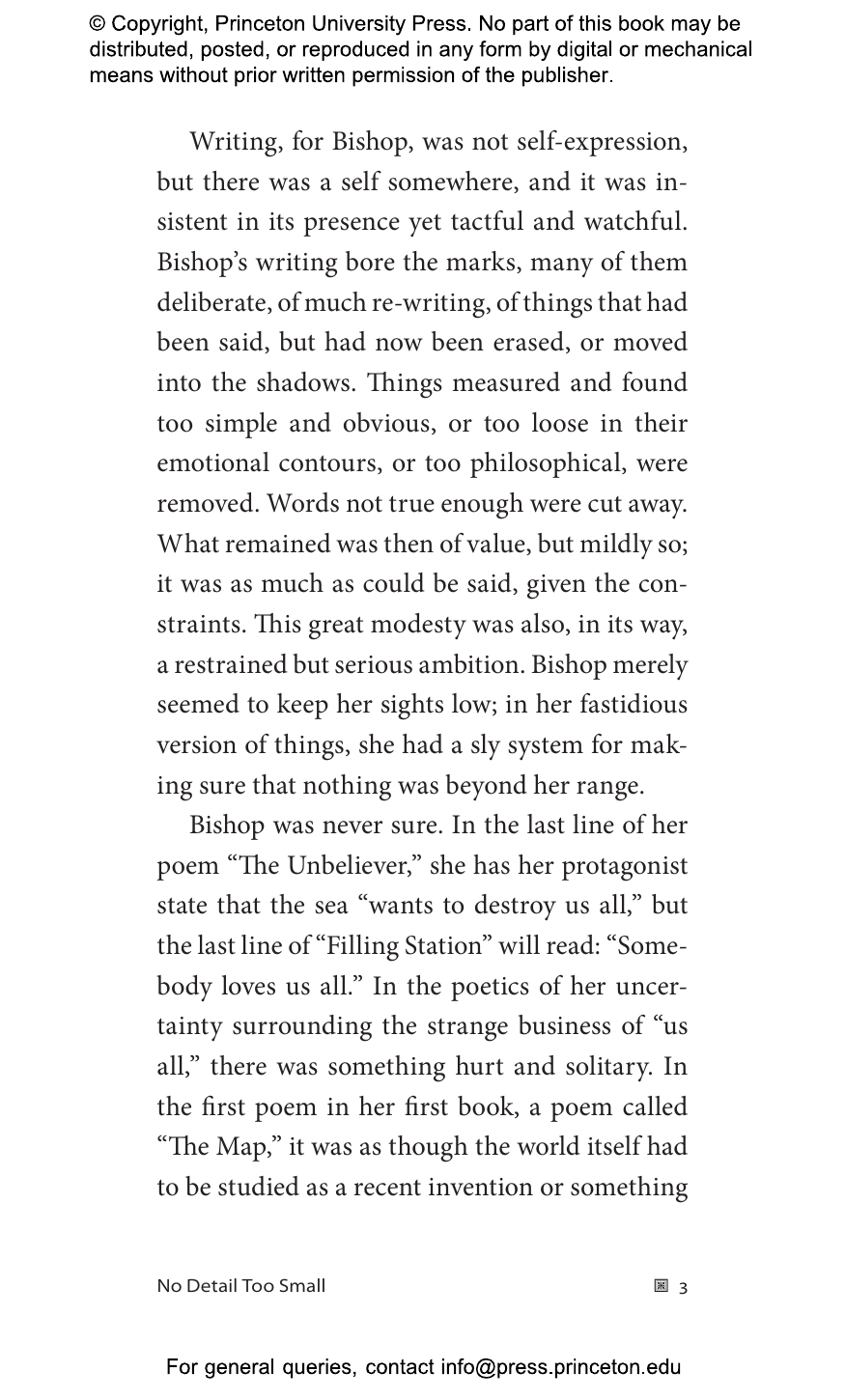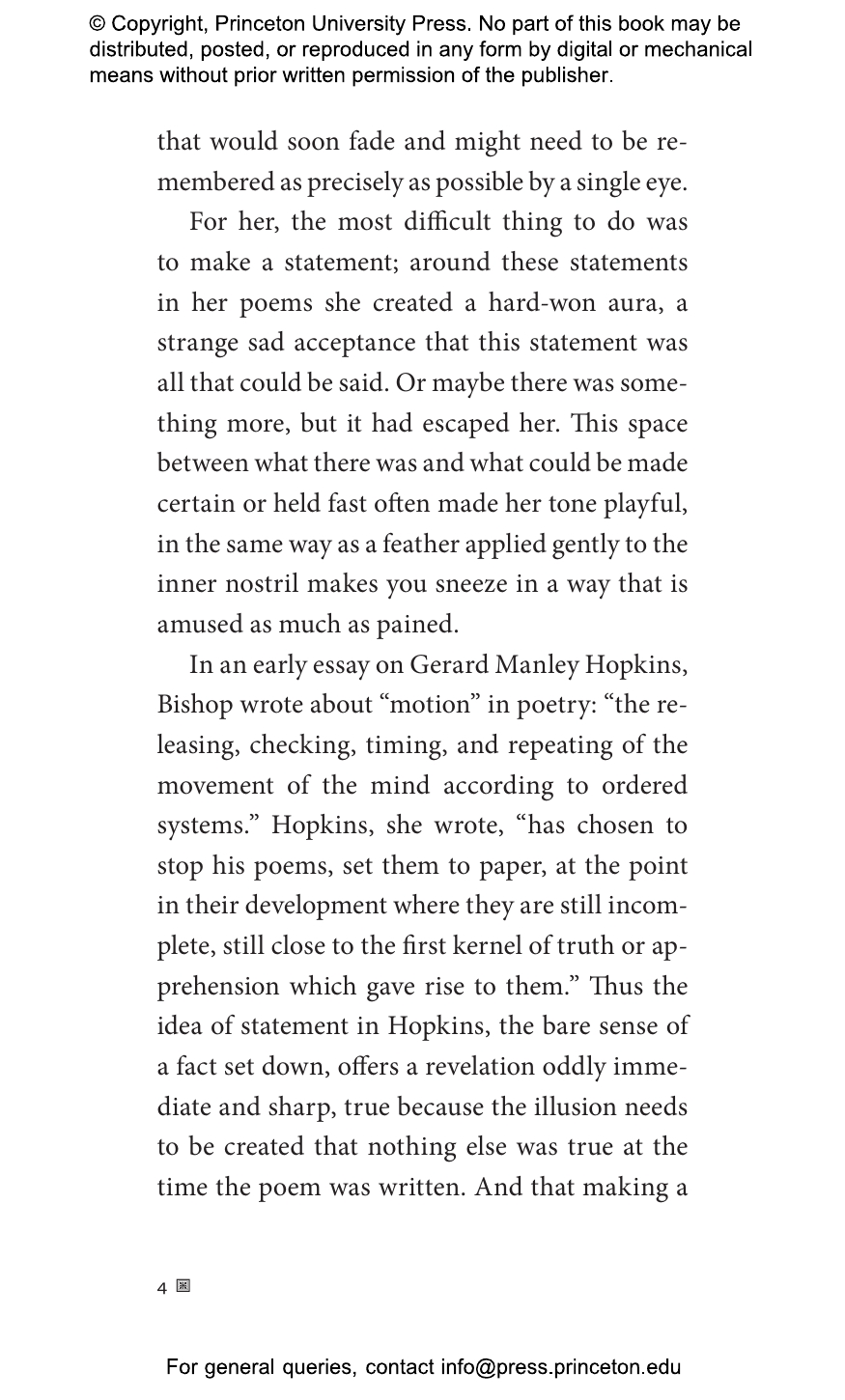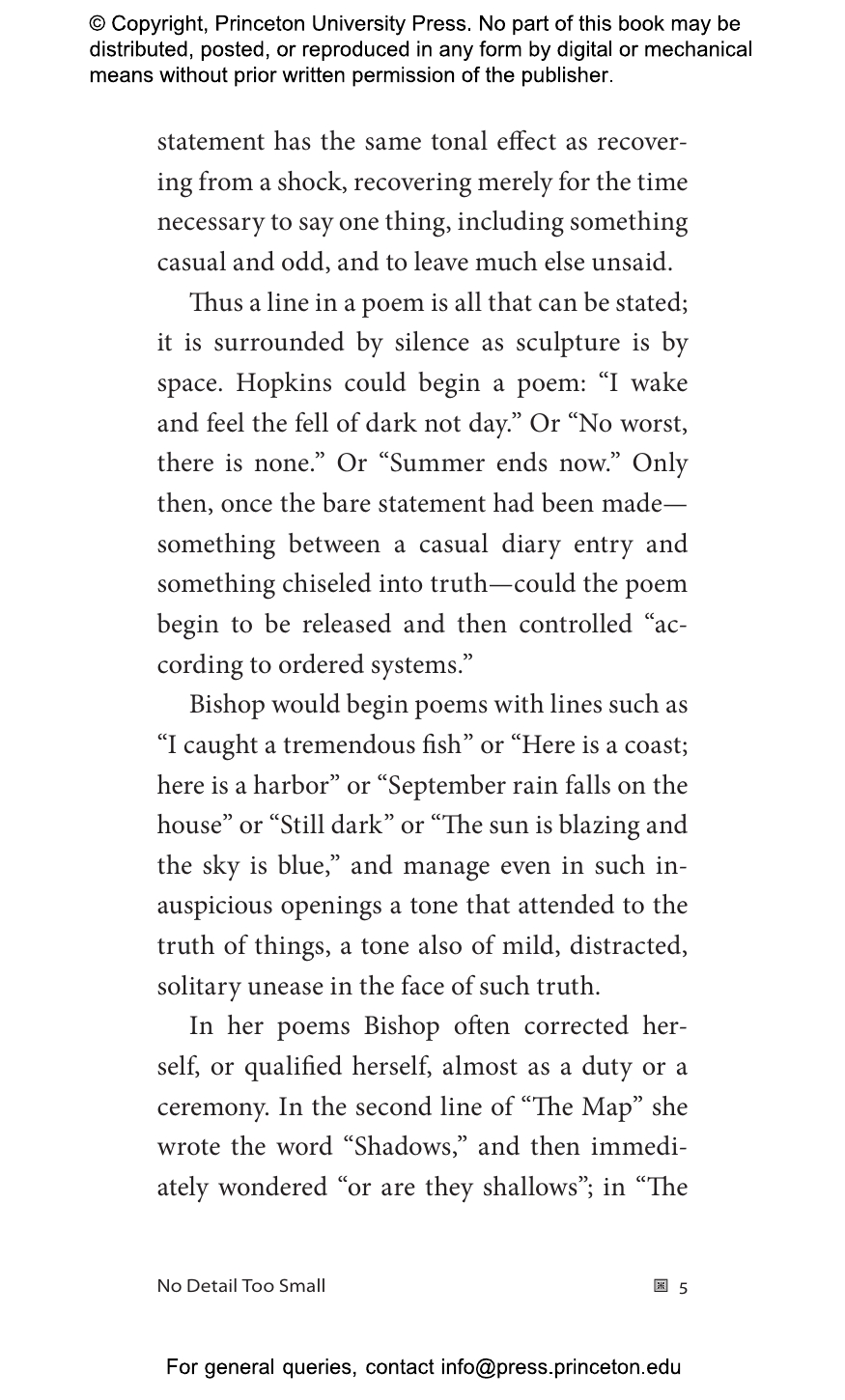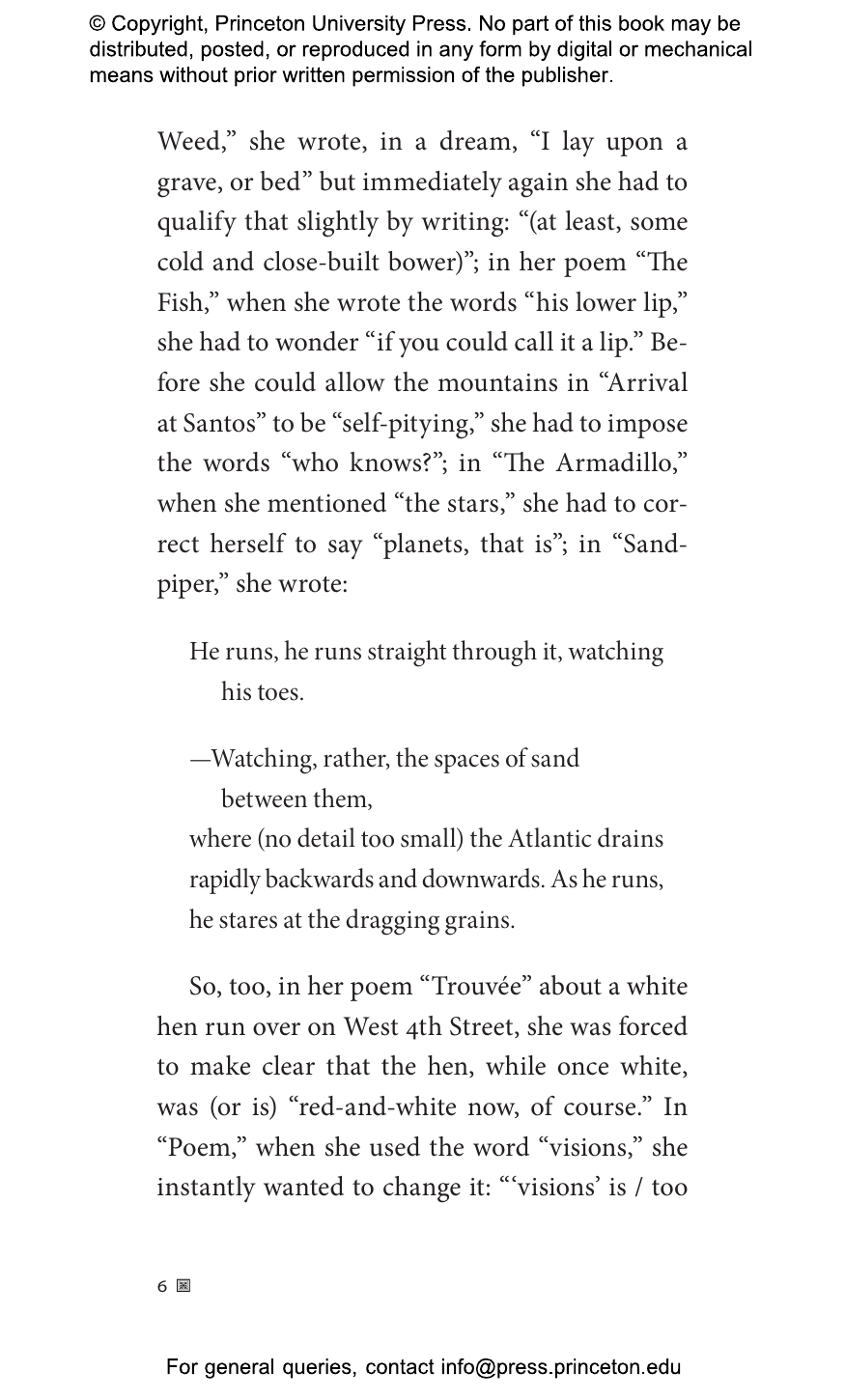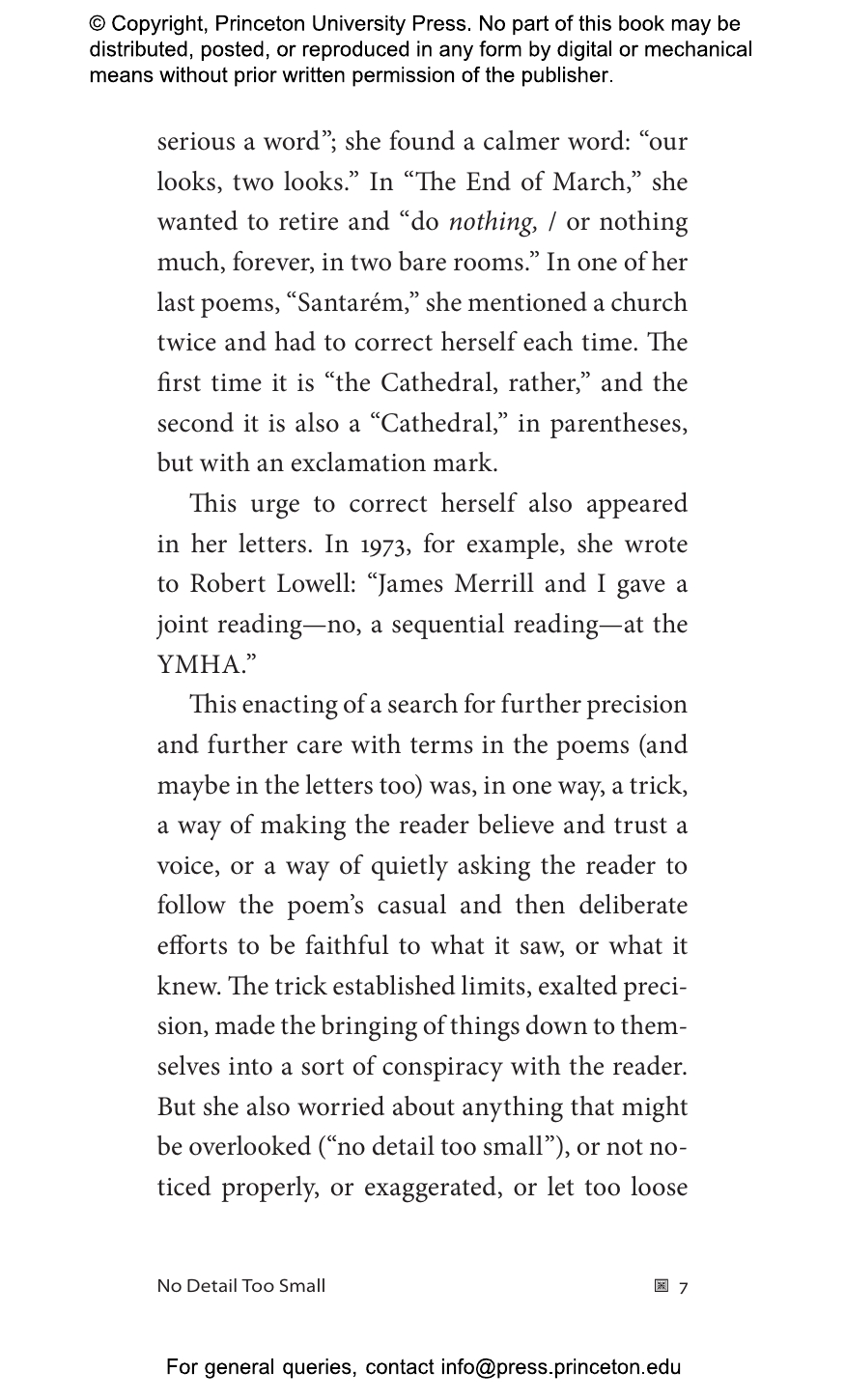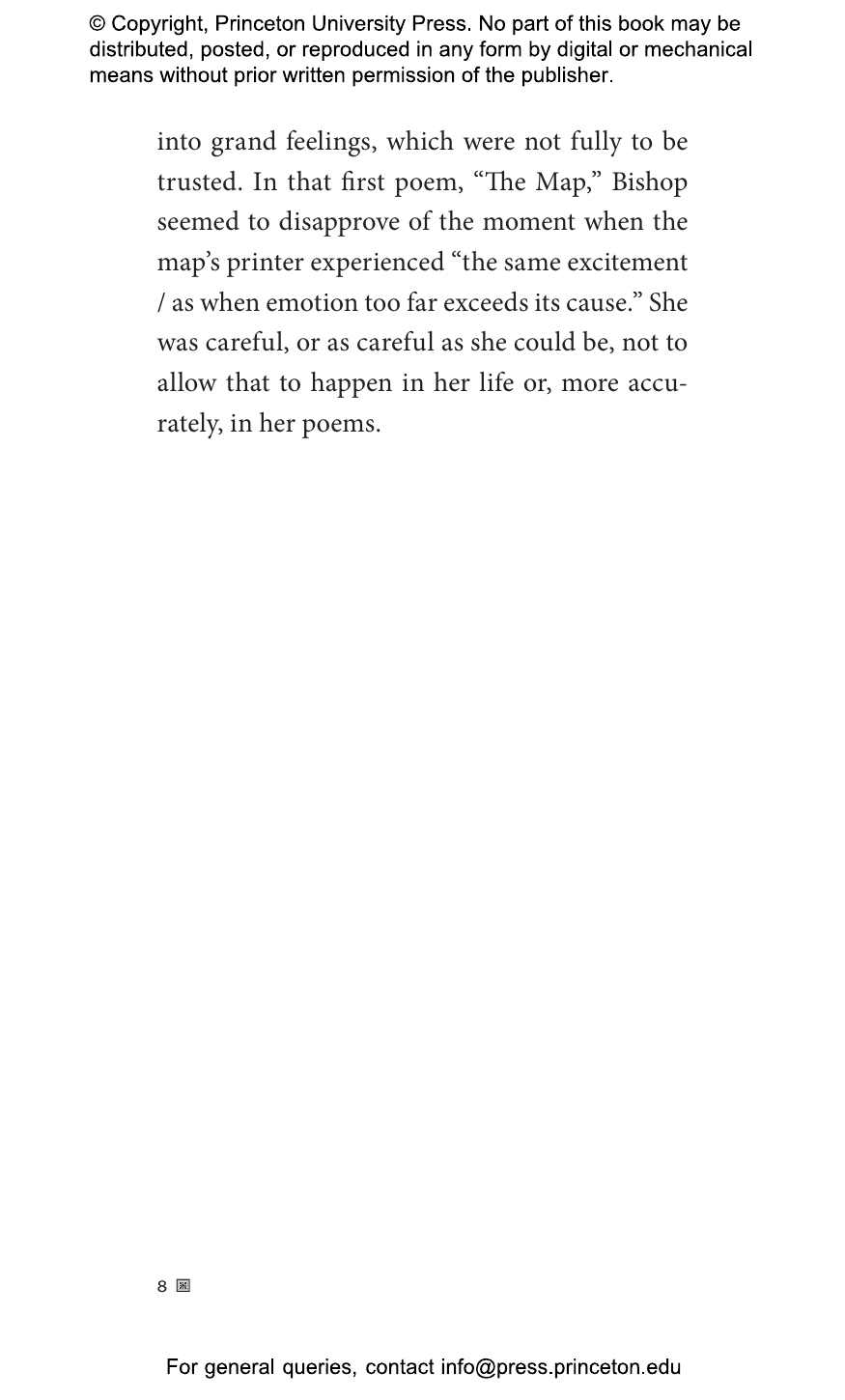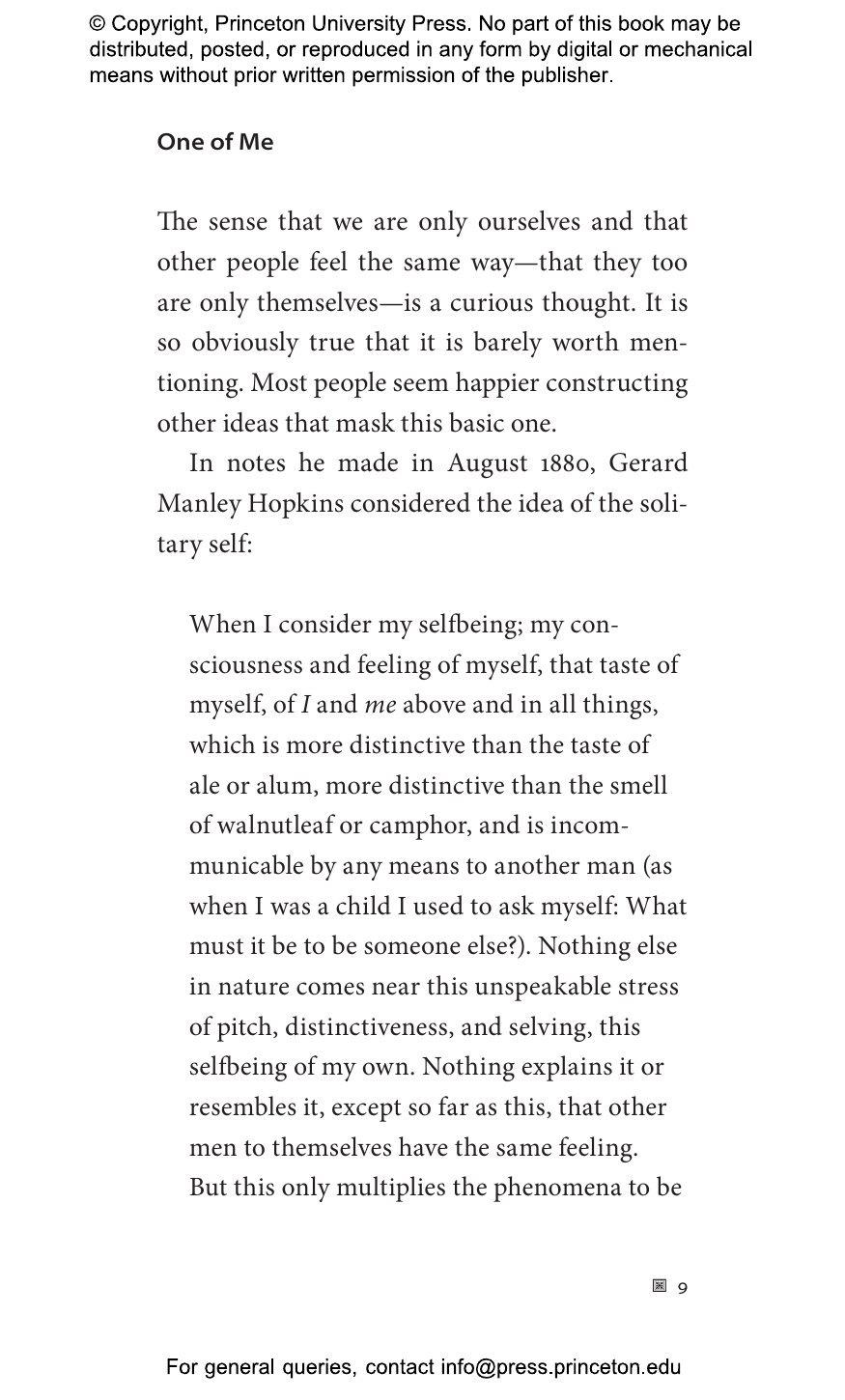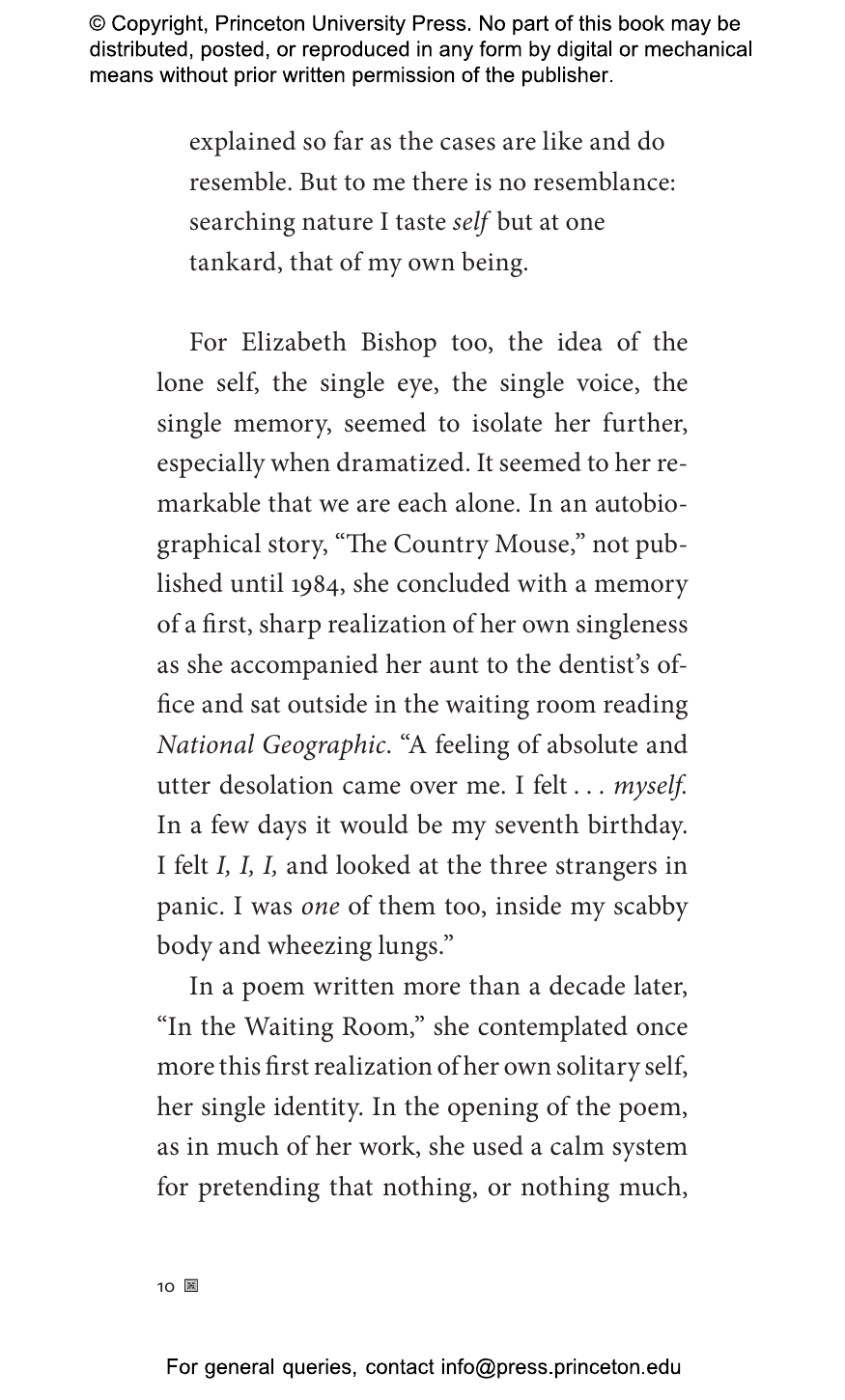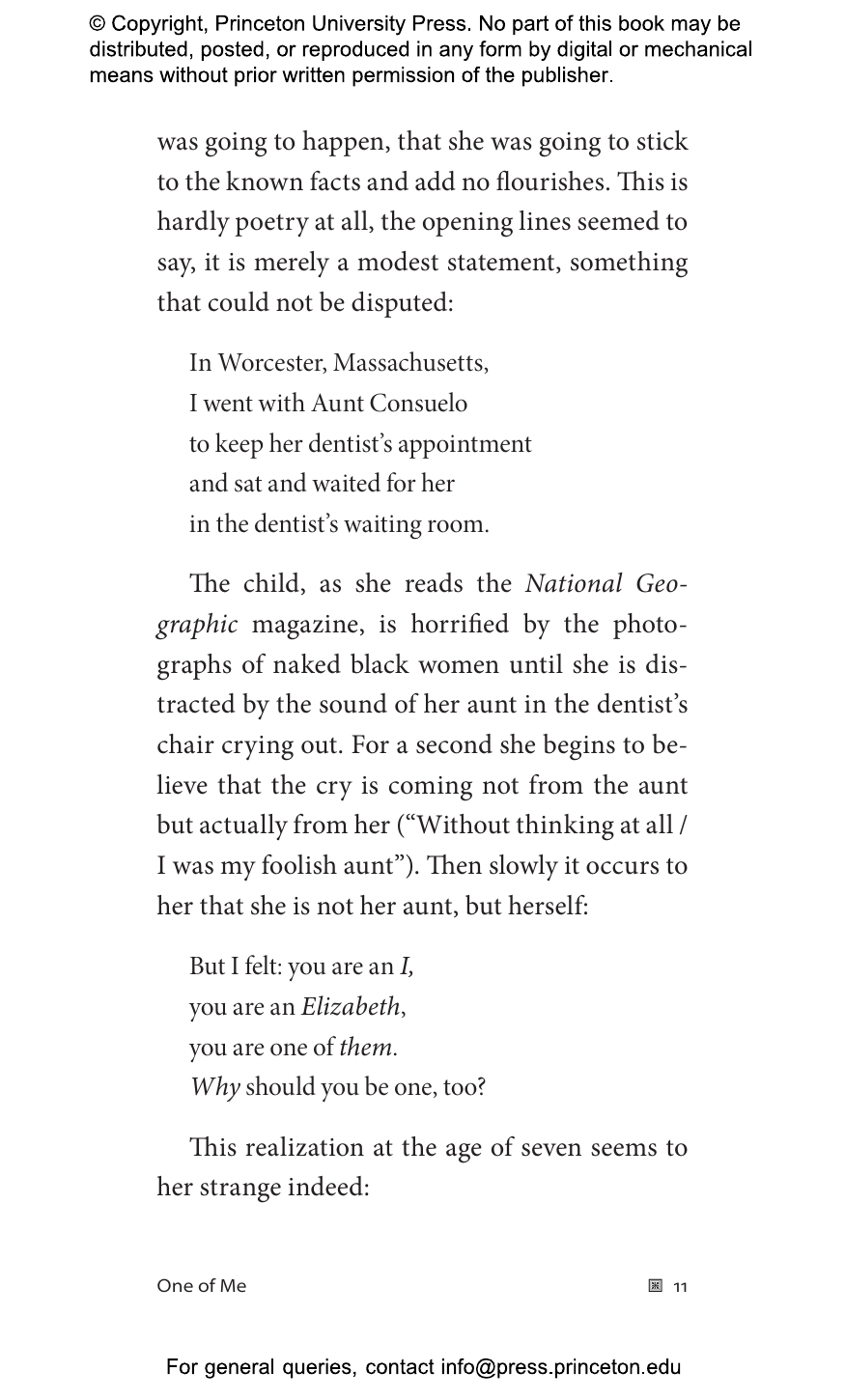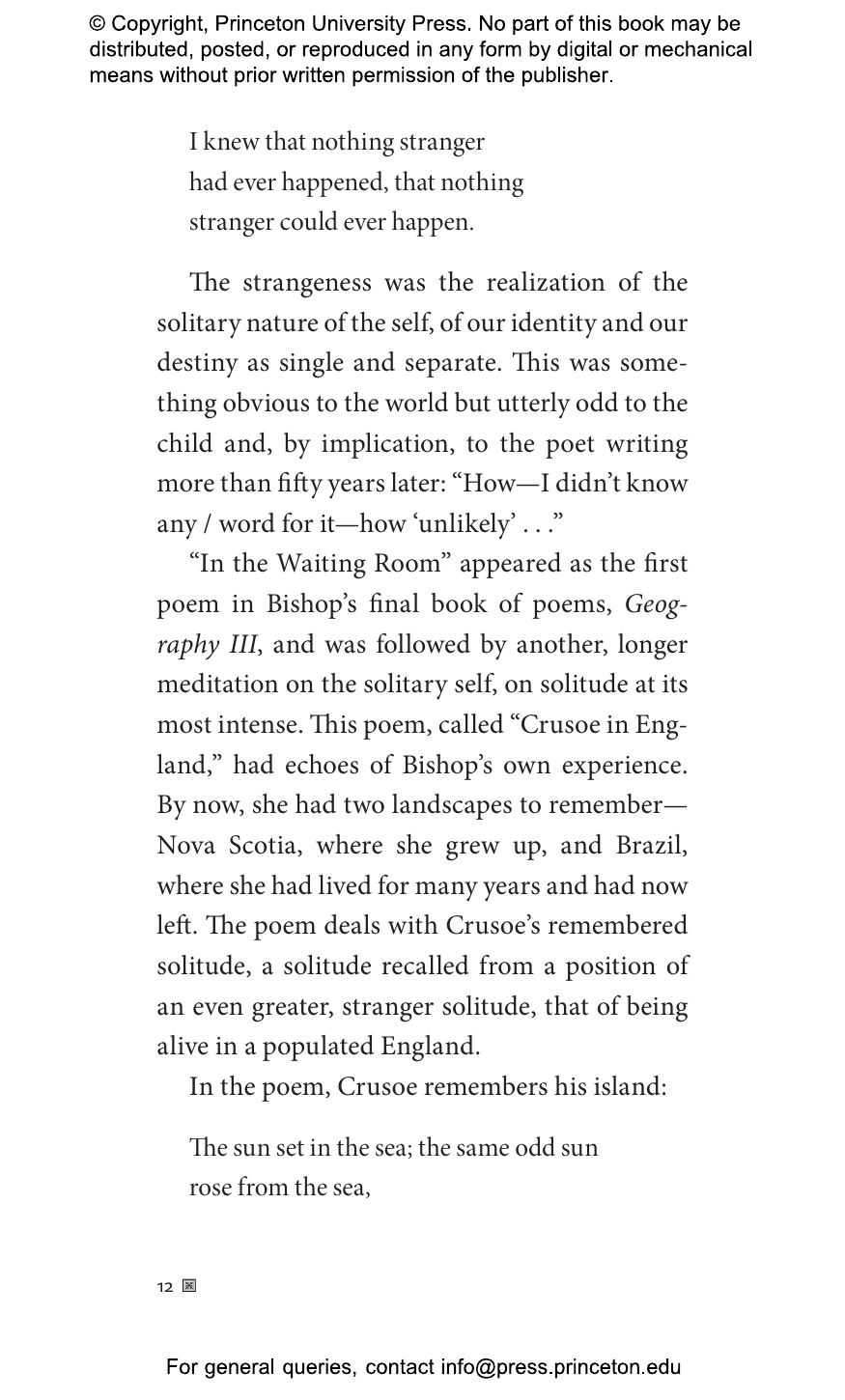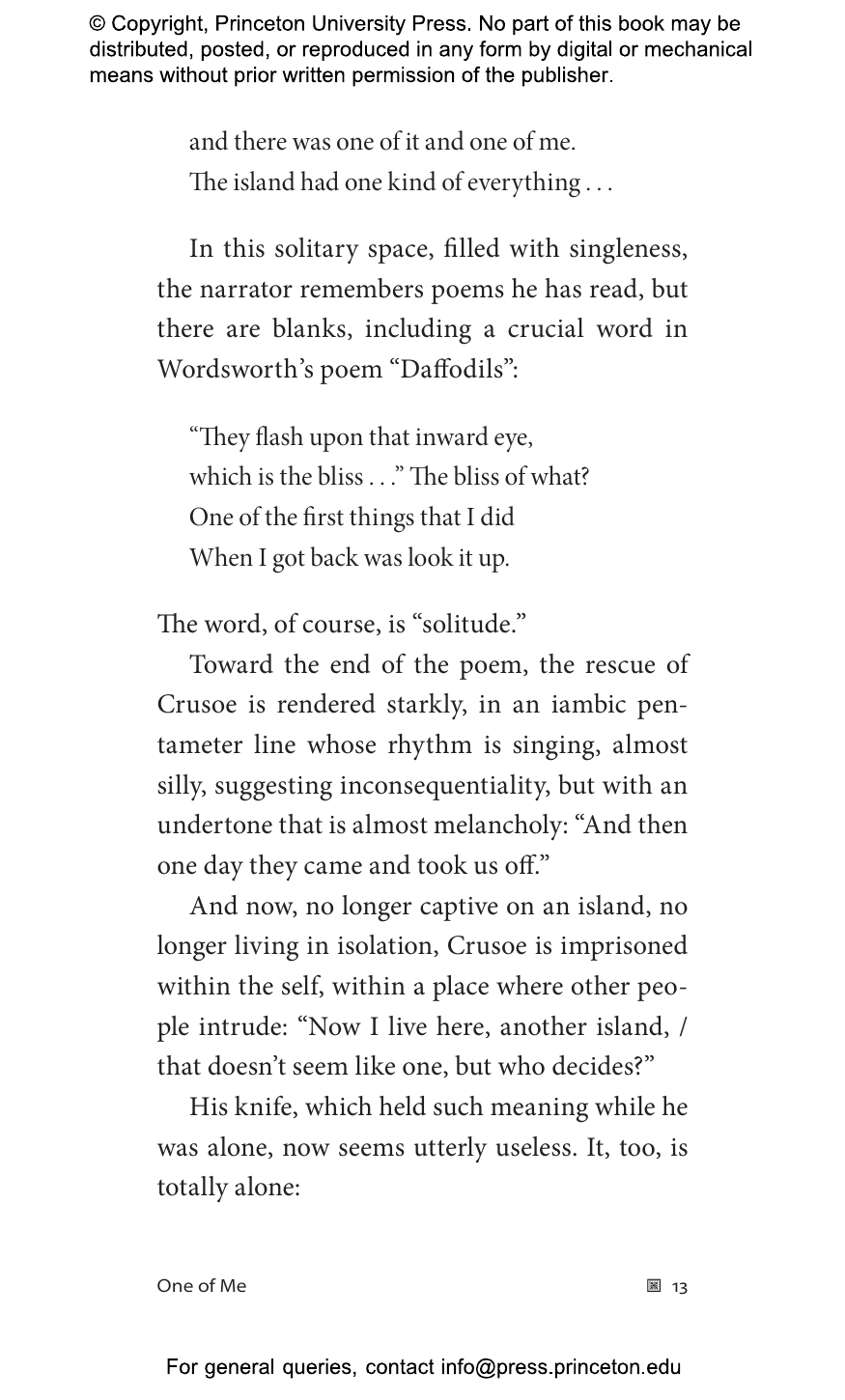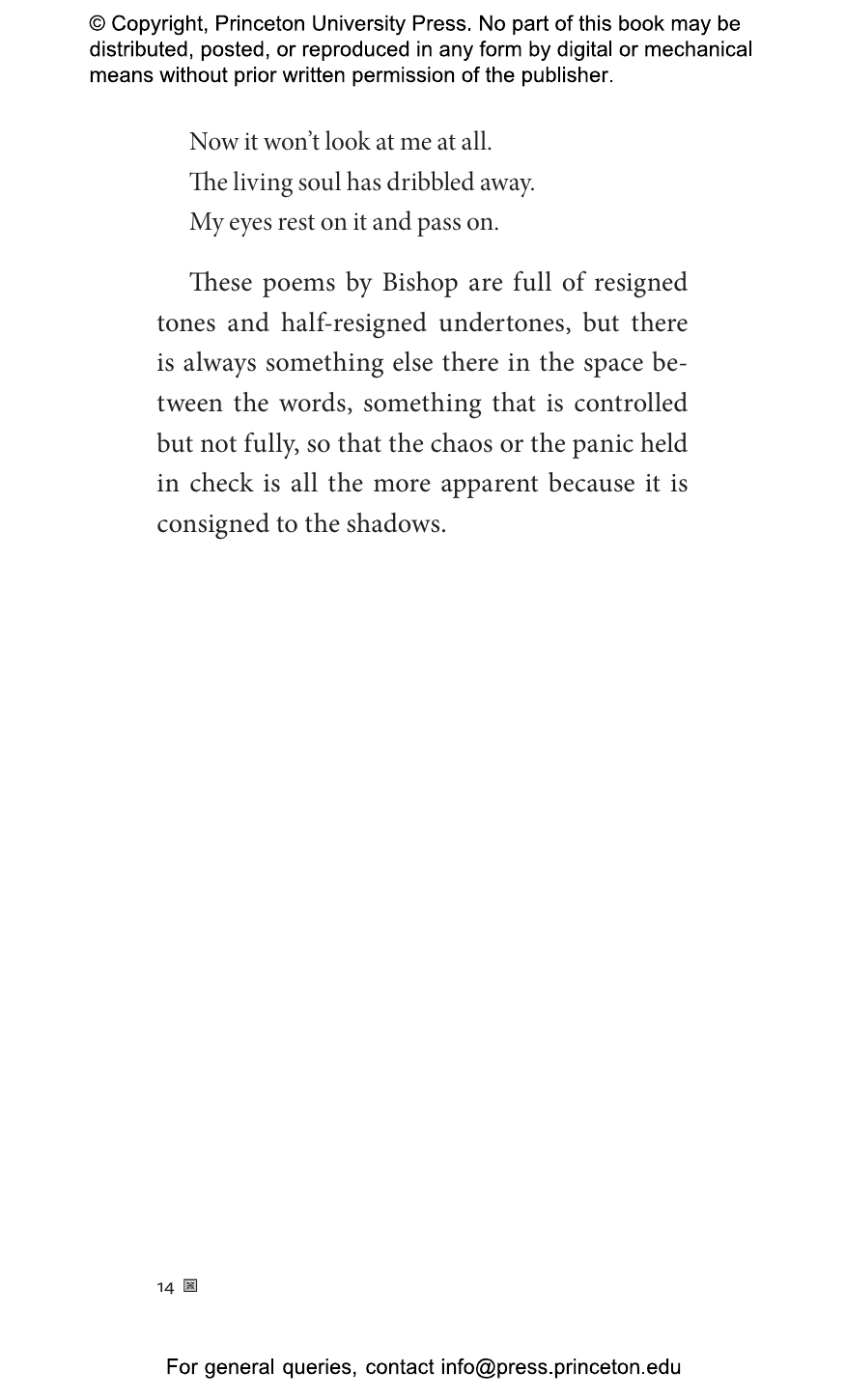In this book, novelist Colm Tóibín offers a deeply personal introduction to the work and life of one of his most important literary influences—the American poet Elizabeth Bishop. Ranging across her poetry, prose, letters, and biography, Tóibín creates a vivid picture of Bishop while also revealing how her work has helped shape his sensibility as a novelist and how her experiences of loss and exile resonate with his own. What emerges is a compelling double portrait that will intrigue readers interested in both Bishop and Tóibín.
For Tóibín, the secret of Bishop’s emotional power is in what she leaves unsaid. Exploring Bishop’s famous attention to detail, Tóibín describes how Bishop is able to convey great emotion indirectly, through precise descriptions of particular settings, objects, and events. He examines how Bishop’s attachment to the Nova Scotia of her childhood, despite her later life in Key West and Brazil, is related to her early loss of her parents—and how this connection finds echoes in Tóibín’s life as an Irish writer who has lived in Barcelona, New York, and elsewhere.
Beautifully written and skillfully blending biography, literary appreciation, and descriptions of Tóibín’s travels to Bishop’s Nova Scotia, Key West, and Brazil, On Elizabeth Bishop provides a fresh and memorable look at a beloved poet even as it gives us a window into the mind of one of today’s most acclaimed novelists.
Awards and Recognition
- Finalist for the National Book Critics Circle Award in Criticism
- Colm Tóibín – Winner of the 2017 Richard C. Holbrooke Distinguished Achievement Award, Dayton Literary Peace Prize Foundation
- Colm Tóibín, Inducted into the New York State Writers Hall of Fame 2015
- Nominee for the 2015 National Book Critics Circle Award in Criticism
- One of The Guardian’s Best Books of 2015, selected by Blake Morrison
- One of The Guardian’s Best Books of 2015, selected by Nicci Gerrard
- One of The Guardian’s Readers’ Books of 2015
- One of the Irish Times 2015 Readers’ Books of the Year
- One of The New Yorker’s Twelve Books Related to Poems, 2015
"Tóibín's close readings of Bishop's poems in this deft suite of essays are admirably acute, but what's truly special is that Tóibín offers not only an elegant study of Bishop's achievements as a poet, but also a shadow account of his own development as a writer, and thus an incidental treatise on the ways writers affect one another's process."—Joel Brouwer, New York Times Book Review
"[The book's] pull on the reader is almost tidal . . . it's still impossible for a reader to resist getting sucked into the orbit of Robert Lowell, the rapaciously brilliant and royally messed-up literary lion whom Bishop considered her closest friend. The cat-and-mouse dynamic of Bishop and Lowell's correspondence remains, in Mr. Tóibín's telling, as riveting as a series on Netflix or HBO, and probably ought to become one."—Jeff Gordinier, New York Times
"It is not surprising to find, with Colm Tóibín's exquisite meditation On Elizabeth Bishop that the masterful Irish novelist is also a critic of considerable acuity. Tóibín's sensibility is superbly attuned to that of the formidable Bishop, a poet whose shadow over the crowded landscape of 20th-century American poetry grows longer with every passing year."—Michael Lindgren, Washington Post
"The Irish writer's valentine to the Canadian-American poet: a beautiful meditation on shyness, sex, art, and family."—Dan Chiasson, The New Yorker
"[A] wonderful book."—Lavinia Greenlaw, The Telegraph
"Tóibín's little book on Bishop is a writer's exercise in rechristening himself, a second time through with Bishop as his chaperone. The narrative draws us back to moments when the discovery of Bishop, and later of Thom Gunn, drew Tóibín forward. This is the kind of beautiful relay that great writers provide for each other, and it gives you hope that some young person somewhere who finds himself in a bind will pick this short book up and find in it not one, but two companions."—Dan Chiasson, New York Review of Books
"Bishop is a 20th-century U.S. master poet; Tóibín is an Irish fiction writer of today. You might wonder at this pairing. Well, none could pair comfortably with the uneasy, furtive Bishop. Turns out the two have much in common. . . . I just loved this: a writer so open about how his work and life touch another writer's. . . . Little books like this make the world better, teaching us much and inviting more."—John Timpane, Philadelphia Inquirer
"A deceptively little, sharp, brilliant book, in which Tóibín's understanding and excellent analysis are profound, up close and personal."—Niall MacMonagle, Irish Times
"On Elizabeth Bishop is an engaging introduction to her life and work, and also an essay on the importance of her work in [Tóibín's] life."—Matthew Bevis, London Review of Books
"How does a writer turn life into art? Novelist, poet and critic Colm Tóibín's brilliant, compelling book On Elizabeth Bishop does not raise or answer this question directly, but it brings us very close to the moment of alchemy, both in Bishop's work and in his own, showing Princeton University Press' wisdom in establishing the series of writers on writers of which this is a part. . . . Tóibín's decision to set the poems in the context of Bishop's life, her friendships and love, and a circle of writers and painters like-minded enough to throw light on her achievement, is an impressive solution to a potentially difficult critical problem."—Elizabeth Greene, Times Higher Education
"In Colm Tóibín's new book, the Irish novelist explores Bishop's remoteness in ways that both open her poems to the everyday reader and season scholars' broth about her eminence. John Ashbery once called Bishop a 'writer's writer's writer,' and Tóibín reveals how this hypothesis has been, in his case, positively true. Though this book is not a biography, it has the uncanny effect of one: In close readings of Bishop's poems and their geographical moorings, Tóibín takes us further inside the poet's (and his own) psyche than, perhaps, the archives ever will."—Heather Treseler, Weekly Standard
"In this splendid and perceptive book Colm Tóibín the novelist, has probed the Bishop canon and biography and exquisitely described her work and vision."—Sam Coale, Providence Journal
"An entirely different kind of criticism . . . reads like a love letter from one writer to another."—Anthony Domestico, Commonweal
"[Tóibín] gives an intimate and engaging look at Elizabeth Bishop's poetry and its influence on his own work. . . . Tóibín is also present in the book, and his relationship to Bishop's work and admiration of her style gives the book much of its power. Whether one is familiar with Bishop's life and work or is looking to Tóibín to learn more, this book will appeal to many readers."—Publishers Weekly
"An admiring critical portrait of a great American poet and a master of subtlety. . . . An inspiring appreciation from one writer to another."—Kirkus Reviews
"On Elizabeth Bishop, an unusual mixed-genre critical study/personal memoir by the celebrated Irish novelist Colm Tóibín, himself something of a writer's writer, makes a particularly welcome addition to the Princeton University Press Writers on Writers series. . . . Tóibín's sense of identification with Bishop allows not only sympathy with her work but his real insight into it. . . . Few critics have dealt more revealingly than Tóibín with Bishop's habitual illusion of 'spontaneous' self-correction, her process of thinking aloud on the page. . . . In some essential and large way, Tóibín gets Bishop right, and even his quirkiest interpretations illuminate something about both Bishop and himself."—Lloyd Schwartz, Arts Fuse
"Tóibín's treatment is personal but never self-indulgent, and the book is much more than an appreciation of a poet with whom he has affinities. Beautifully written and deeply felt, this is a penetrating examination of Bishop's aesthetic of stylistic restraint and personal reticence."—Choice
"I have always been drawn to Bishop's spare poetry, but it was reading Tóibín's analysis, which manages to be both a personal reaction and an objective assessment, that helped me to appreciate her fully. Subject and critic can seldom have been as well-matched as they are here, and the insights go in both directions, illuminating Tóibín's novels as well as Bishop's poems."—Catherine Peters, Raceme
"Colm Tóibín's perfectly judged study of Elizabeth Bishop's writing, and especially her mastery of tone, has itself the tonal intimacy of a letter. He explores the places (Nova Scotia, Brazil) and working friendships (Moore, Lowell) central to Bishop's poetry of solitariness and exile; he finds her true companions in this 'restrained but serious ambition' (Wyatt, Herbert, Gunn); he distinguishes the candor of her art from the facts of her life, the emotions of her poetry from its causes. Above all, he honors Bishop's exact ways with language, and his sifting of what is said from what is unsaid in her poetry illuminates his own watchful and patient art as a novelist."—Saskia Hamilton, coeditor of Words in Air: The Complete Correspondence between Elizabeth Bishop and Robert Lowell
"This book offers the reader a luminous meditation on Elizabeth Bishop's poetry. It focuses, among other things, on the restraint of her style and the power of the unsaid in her work. But more than that: Colm Tóibín meshes his journey as a writer with hers, showing with unique eloquence how her poems have entered and guided his life. I have no doubt this book will become one of the essential texts on Bishop's work."—Eavan Boland, author of A Woman Without a Country: Poems
"Colm Tóibín—a sensitive critic as well as a novelist—has written an almost ideal introduction to the poetry of Elizabeth Bishop. This could become the introduction to Bishop for people who intend to read her for pleasure."—Stephen Burt, author of Close Calls with Nonsense: Reading New Poetry
